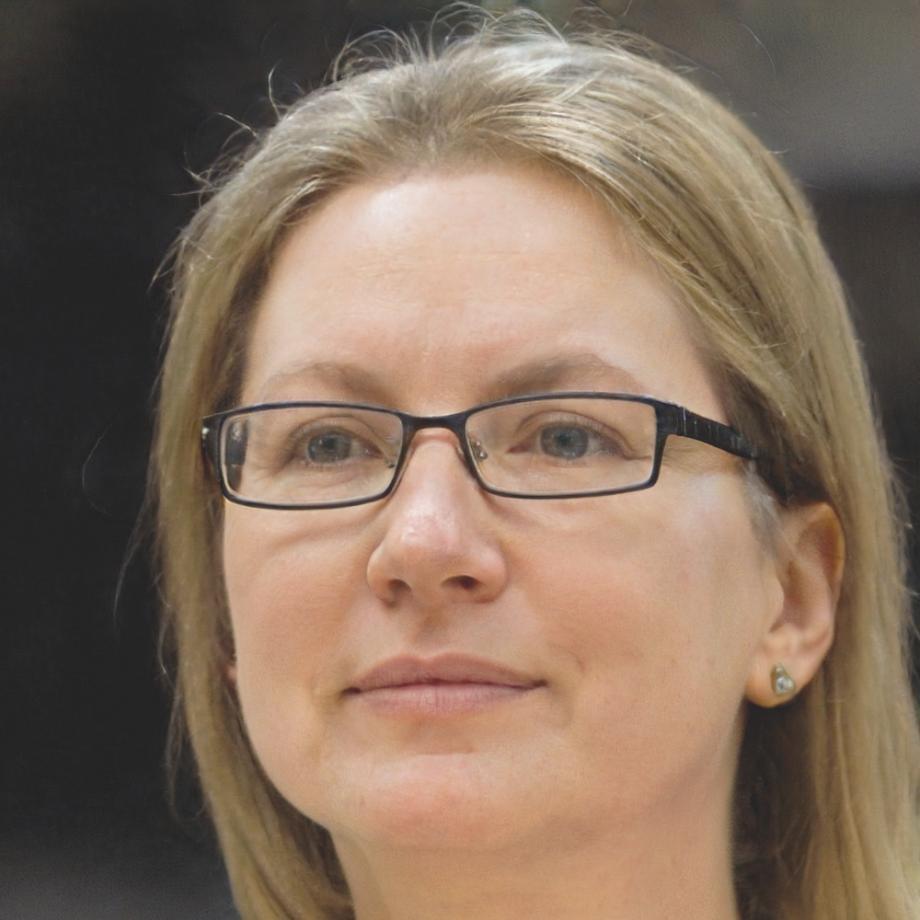Understanding Your Money Better
Real numbers from Australian households show where money actually goes. These patterns help you spot gaps in your own budget and make adjustments that stick. No fancy theories—just what works for people dealing with everyday expenses.

Where Household Money Actually Goes
Looking at 2024 spending data across Darwin and regional NT, some clear trends emerge. Housing consistently takes the biggest slice, but it's the smaller categories that surprise people most.
Transport costs jumped 12% last year as fuel prices shifted. Grocery spending stayed relatively steady, though families noticed the per-item increases. What changed most was discretionary spending—people became choosier about entertainment and dining out.
Three Common Budget Leaks
After reviewing hundreds of household budgets, we've noticed the same issues come up repeatedly. Most people don't realize where their money's slipping away until they track it properly.
Subscription Creep
Average household carries 7.3 active subscriptions in 2025. Many people forget about streaming services they signed up for during free trials. That monthly charge for something you haven't used in months adds up faster than you'd think.
Impulse Food Spending
Grabbing lunch or coffee near work costs most people around 0 monthly without realizing it. Not saying you can't enjoy your flat white, but knowing the actual number helps you decide if it's worth it to you.
Energy Waste
Darwin's climate means air conditioning costs matter. Households that track their power usage typically find 15-20% savings just by adjusting settings when rooms are empty. Simple changes, noticeable difference in quarterly bills.
Northern Territory Specifics
Living costs in Darwin differ from southern capitals in ways that catch newcomers off guard. Higher transport costs due to distance, seasonal variations in produce pricing, and climate-related expenses all factor in.
Insurance premiums here typically run 25-40% higher than Brisbane or Melbourne. Cyclone season affects home and contents policies, which is something to budget for if you're planning long-term.
On the flip side, many Darwin residents find ways to reduce costs elsewhere. Outdoor lifestyle means less spending on indoor entertainment. Community markets offer fresh produce at better prices than major supermarkets during peak seasons.
Seasonal Budget Planning
Wet season typically increases electricity costs by 30% for most households due to cooling needs. Planning for this spike between November and April helps avoid bill shock. Setting aside an extra -120 monthly during dry season smooths out the annual costs.


Most people I work with aren't bad with money—they just never learned to track it properly. Once you see where your dollars actually go each month, the decisions become much clearer. It's not about cutting everything you enjoy. It's about knowing the real numbers so you can choose what matters most to you.
Rhiannon Kellett
Financial Education Specialist